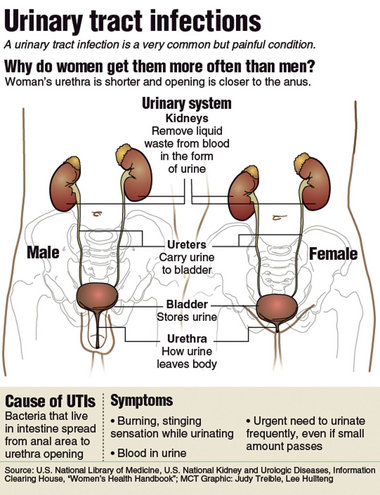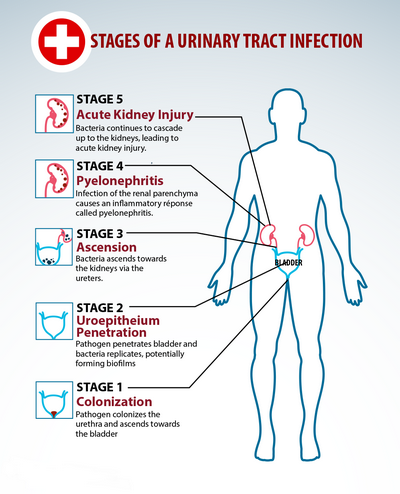A urinary tract infection (UTI) can be a serious medical condition, if left untreated, particularly if it involves a kidney cyst.

This article will discuss some information on the symptoms and possible treatments for a urinary tract infection (UTI) in women, as well as details on how to spot the early signs and symptoms of an impending kidney failure in a woman with the condition.
A urinary tract infection is an abnormal discharge from the bladder or urethra. A urinary tract infection usually has a distinct rounded or oblong shape with a well-defined outline. Some may also develop inside the bladder, but most develop on the outside of a urinary tract, usually around the urethra.
If you have a urinary tract infection (or more commonly known as a “cyst”), you may notice several symptoms. These include a watery feeling in the urine, painful urination, blood in the urine, and sometimes a bloody diaper. The presence of a urine sample may indicate the presence of an infection. Some of the symptoms of a urinary tract infection in women may not be as obvious to men.
If you do notice any of these symptoms, don’t worry: these are normal and usually go away on their own. In some cases, you may notice that you experience more pain than usual when you urinate. However, if you notice that you experience pain during urination and especially at night, then you may have to take antibiotics to treat the infection.

These antibiotics can destroy the bacteria that cause the cyst. Sometimes, however, antibiotics don’t always work.
Another symptom of a urinary tract infection in women is the development of blood in the urine. If this develops, it’s usually not caused by a UTI, but from an infection other than a bladder infection. A blood urine sample may indicate the presence of cancer cells, which may need to be removed surgically in some cases.
Treatment of a urinary tract infection in women involves both antibiotics and a medication called Diflucan (also known as Flagyl). This is a prescription drug that is used to treat kidney infections. It can help to treat bacteria that have entered the bladder through the urethra and may be the cause of an infection. If the problem is very severe, Diflucan can even be used in place of surgery in order to remove the entire kidney in order to prevent a complication known as nephrolithiasis (an infection of the kidneys).
Because many women who have urinary tract infections also have a problem with blood in their urine, some doctors may suggest treating them with birth control pills. Birth control pills are usually prescribed to women suffering from recurring urinary tract infections.
There are many ways to prevent cysts and blockages from occurring, so you’ll want to keep an eye on symptoms, and seek medical attention if you think you are having a cyst.

If you see any of the following symptoms, seek treatment immediately.
Pain while urinating. This may include a burning sensation that becomes more intense after the bladder empties, or even an unbearable urge to urinate. If this is the case, consult your doctor immediately for treatment.
Urine that is darker in color. Some of the time, urine will turn grey or black in color and have a gray tint. This may not be a very pleasant experience.
Pain in your lower abdomen. Itching or discomfort in the area around your navel is another sign that a cyst may be forming.
Blood in your urine. You may have to urinate more frequently than usual because of the darker-colored urine. If you notice blood in your urine, consult your doctor immediately.